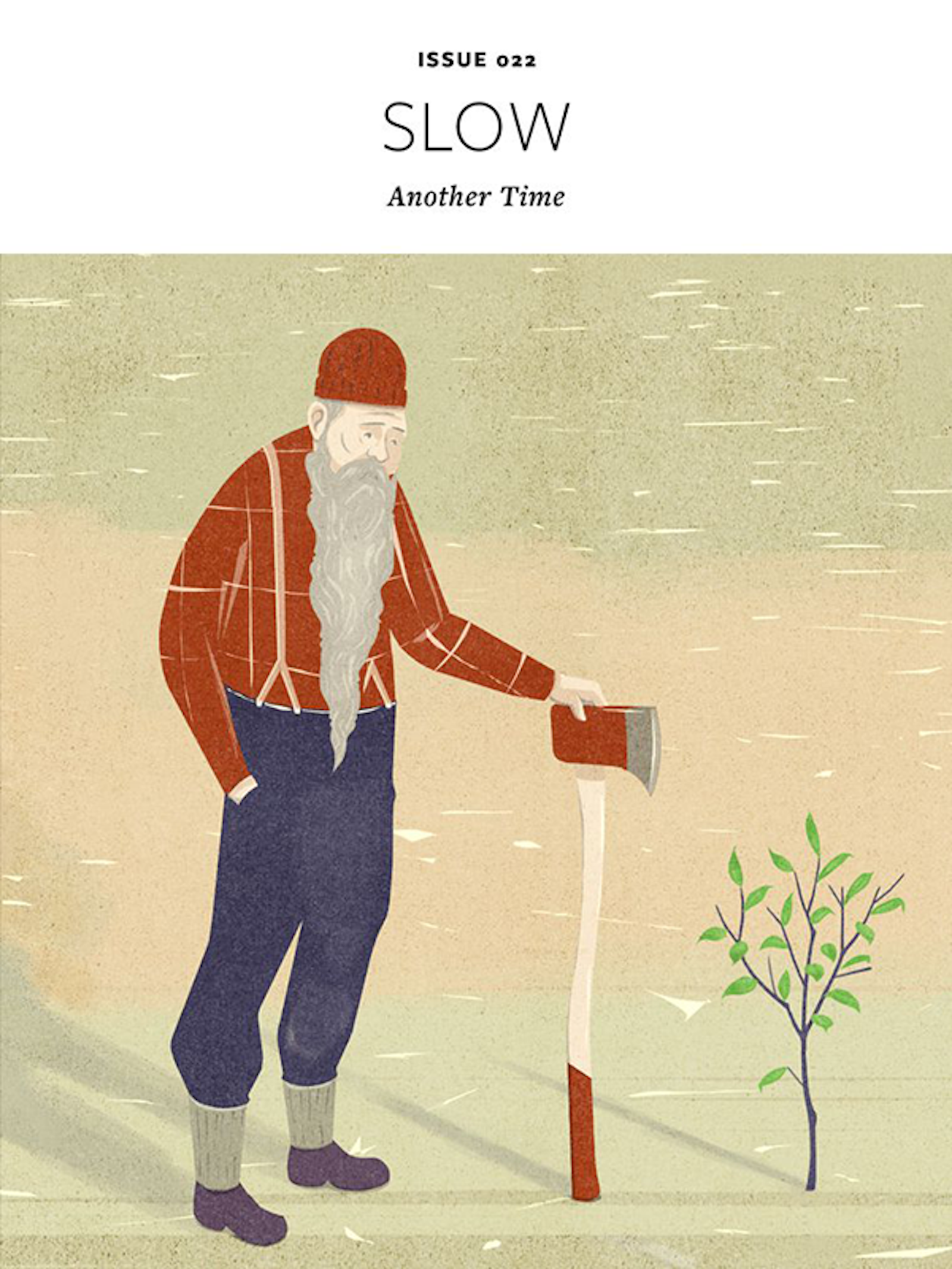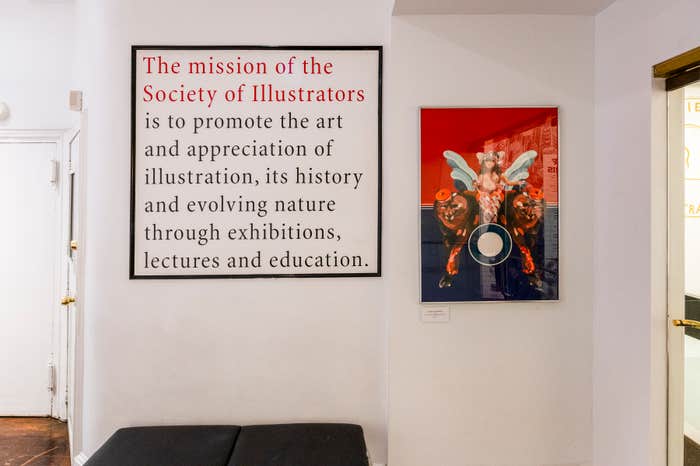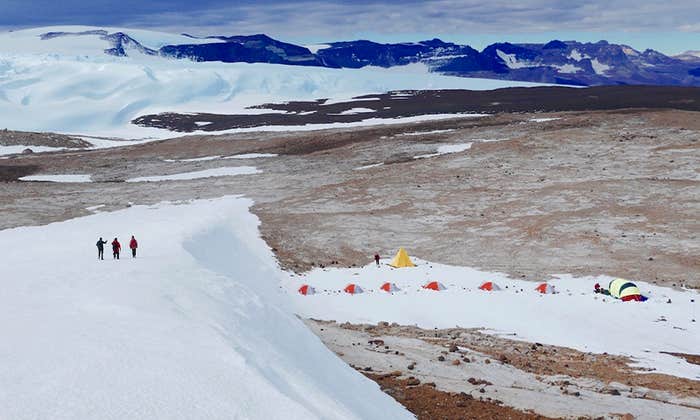Slow is good. That’s the message of more than a dozen modern
slowness movements, from slow fashion to slow food to slow church, most of
which have sprung up in the last 20 years, and most of which point a steady
finger at modernity. This issue is full of people chasing slow. Slow
living, slow aging, slow science—the idea of slow has a hold on us.

Unravel the biggest ideas in science.
Become a more curious you.
Unravel the biggest ideas in science.
Become a more curious you.
The full Nautilus archive • eBooks & Special Editions • Ad-free reading
- The full Nautilus archive
- eBooks & Special Editions
- Ad-free reading

Fuel your wonder. Feed your curiosity. Expand your mind.
Access the entire Nautilus archive,
ad-free on any device.

-
Protected: How to Thwart Internet Scams
There is no excerpt because this is a protected post. -
If Oaks and Orchids Could Talk
Lucas Gutierrez wants to turn plant frequencies into a language humans can understand -
Celebrating the Relationship Between Science and Illustration
A conversation with Society of Illustrators executive director Arabelle Liepold -
The Extraordinary, Imperiled Science at the End of the Earth
Firing experts in Antarctica couldn’t come at a worse time -
Breaking a Cycle of Apocalypse
John Larison’s new novel The Ancients suggests some societies are built for cataclysm























